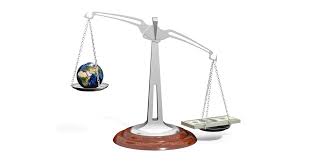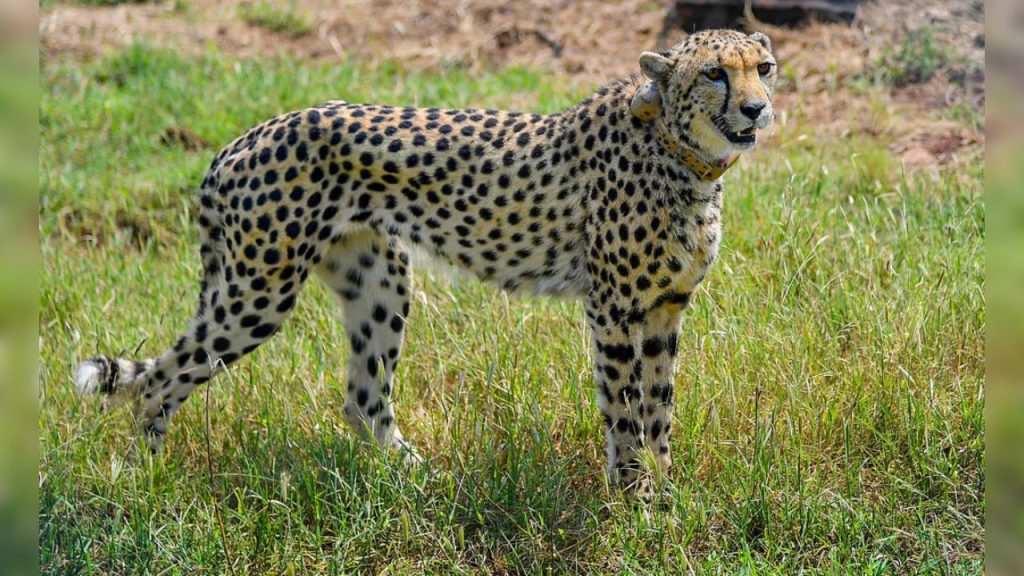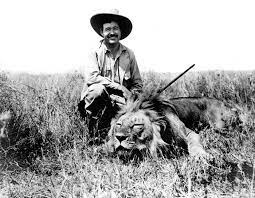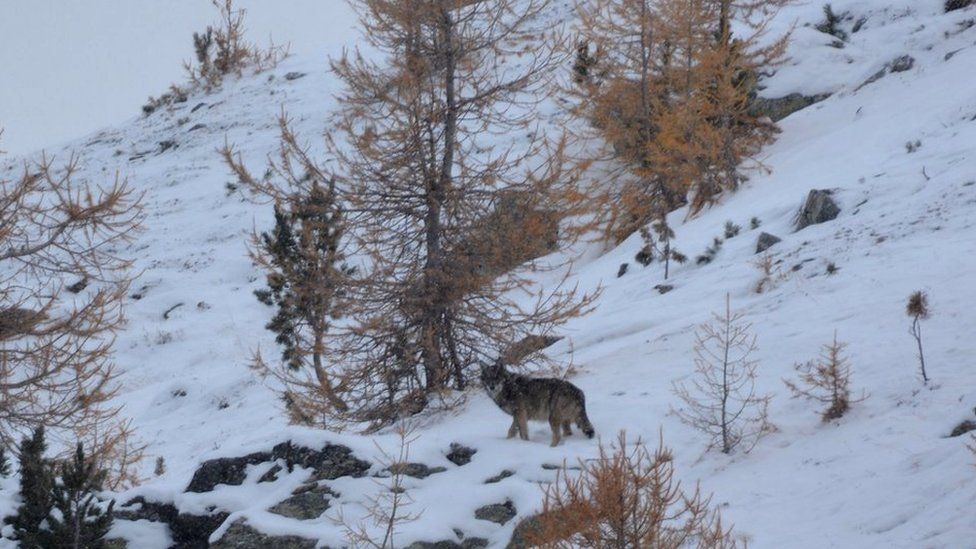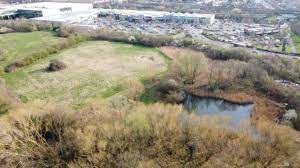Huge extra emissions because of “cutting the green crap” The level of gas imports in the UK are around 13% higher than they would have been, had the Conservative government not “cut the green crap” one decade ago. It is estimated that this would account for 65 terawatt hours of gas that we will have to burn that would not have needed to burn without the foolish move of David Cameron and the cabinet around him. This is an astounding amount of extra emissions that are only emitted because it was politically helpful.
Crude oil pipeline from Uganda to Tanzania will emit 25 times the host nations combined emissions This pipeline will emit 379 million tonnes of climate pollution. The main backers of this project is Total, the French oil company. This project is considered a midlevel carbon bomb, one of many that need to be avoided to get control of climate heating.
24 banks, and 18 insurance refuse to be involved in the project in question. This quite simply still the problem. If we can halt western finance institution from paying for this behaviour it will be harder for it to happen. At the current time there are probably institutions in China that would step in, but we have to end all of it.
Four deep geothermal Plants are planned for the UK These projects will produce enough power to run 45,000 houses, with a further 20mw of heat for the area. All carbon neutral. The company in question makes it clear that this is just a first step, with the intention of producing in excess of 500mw of power from geothermal resources in the next 20 years. This is one of the best forms of baseload power in the UK – that is, the power that is needed all day long, when you get rid of any peak demand. This project is extracting steam at 175 degrees C, 5.1km below ground, and is on schedule to deliver 3MW of power to the national grid by the end of the year. The water stays in the system, with a heat exchanger used to extract the heat, before it is pumped back underground. There are only certain parts of the UK that is suitable under the UK, namely Cornwall and Devon.
Not all the country is capable of accessing this sort of energy, but it is reasonable to expect that in 20 years, a great deal more operators might be enacting similar projects, all over wales and other parts of the UK where suitable. There are obviously other countries in the world where far more energy could be got from this form, and this is a very useful baseload provider, though whether we will help finance this important infrastructure is another issue.
Lithium supply in this ground source geothermal water A recent discovery of the highest concentration of lithium found in geothermal fluid, may make geothermal energy far cheaper. If we start to reach a point where geothermal heat and electricity are both free positive biproducts, in the search for lithium, it cuts the cost dramatically. It is thought that the 4 drill sites talked about above, might lead to about 4000 tonnes of ithium extraction a year. The one plant already constructed is thought to be able to produce 1500 tonnes of lithium by the end of 2023 (just over 1 year ago). In a tesla battery, at the moment roughly 900g of lithium is required per kwh of storage. This means that each tonne of lithium is capable of creating roughly 1.1 mwh of batteries. While this is not large compared to the huge amount of batteries required, it will dramatically change the cost of geothermal energy.
Majority of Australians want an extra tax to limit the super profits of fossil fuel companies This is not out of the ordinary, there have been many similar moves around the world. It is not thought right that fossil fuel providers have made bumper profits on the back of the Russian invasion of Ukraine.
The fossil fuel burning currently happening has happened before Last time, it left the earth almost lifeless for 5 million years. In this instance, a series of massive eruptions started this issue, wiping out much of life on land. 200,000 years later rapid global heating (it is not only humans capable of global warming). This was triggered by Magma being unable to erupt out of the earth, and therefore spreading sideways, and burning vast deposits of coal and other hydrocarbons that were laid down in the rocks it entered. This is thought to have triggered increases in temperature of 8-10 degrees. Part of the problem will have been that this increase in temperature will have allowed the seas to soak up more carbon dioxide which will have made them more acidic – killing many species. This lasted so long, because rainforests replaced with deserts had a hard time recolonising, which meant that the earth was bereft its usual tools to control carbon in the atmosphere.
How are we doing? Well, while having made various relatively weak promises, virtually every country on earth is going to extract as much of their fossil fuel reserves as they can. If this is to happen we will exceed our remaining carbon budget by roughly 7 fold. It is increasingly clear that human life will only go on as it is, if the population as a whole demands change. Mass abandonment of combustion engine travel, along with carbon neutral heating and electricity could quickly make these reserves largely irrelevant- they will be left in the ground if there is no reward for burning them.
UN sees no credible pathway to limit warming to 1.5 degrees C Having failed to cut our emissions over the last 3 decades, only rapid transformation of our society can allow us to limit impact. Current pledges on emissions cuts are wholly inadequate. The problem with this, is that the 1.5 degree target was not plucked out of the air, but instead came about because this is the level of warming that the world is thought to be able to stand without horrific changes to how it operates (what we will need to do to adapt, will still be enormous). Current pledges, if fully enacted, would lead to a temperature rise of about 2.3 degrees. If the long-term pledges on carbon neutrality were met, we might be able to limit warming to 1.8 degrees, but given the current snails pace of progress, make even this nightmare scenario unlikely to be met. To keep 1.5 targets alive, global emissions would have to halve by 2030 (in the next 7 years) requiring cuts of emissions of 7% a year to be sustained. Much of the problem lies in waste, often encouraged by poorly designed subsidy programs on food creation, and badly designed food tax.
UK ending electric cars exemption from vehicle excise duty from April 2025 At the moment, roughly 14% of UK cars are electric, which means that we are far from full acceptance, it seems foolish to start changing rules when the adoption is not anywhere near complete. While the RAC suggested that the move would have little impact on people switching, AA has warned that it will reduce incentives to switch. Mr Hunt the UK chancellor of the Exchequer, cited predictions by the Office for budget responsibility which predicts 50% of cars will be electric by then. Under current plans, any electric cars registered from April 2025 will pay £10 in the first year and then the standard rate after that(£165). It will also be back-dated for any car registered after April 2017. Company cars will still have a discount for electric cars. We will have to wait and see which is right, but it is certainly a foolish move. Unfortunately they have also decided to remove the exemption from the expensive car supplement, which is £355 on top of the standard rate. The problem is that electric cars tend to be more expensive upfront, with owners recouping much of the cost through savings over the year. As a result, it may well be hard to find an electric car from 2025 which does not incur charges of over £500 a year. While I recognize that the government needs to replace the huge amount of money it gets from fossil fuel tax, this is likely to be a large burden that is put in place way to soon.
USA is being looked on harshly for its obstruction over the last few decades as well as its historical emissions- larger than any other country
COP27 levelled stinging criticism on the USA. Now it is true, that China still has rising emissions (and USA wishes to remove its negative labels and pass them on). It is true that at the COP27, the USA behaved well in terms of helping fight for the behavioural change required. However, having come off 4 years of climate rubbish under Donald Trump, there is still a lot of hesitancy to trust the USA. After all, there is still a great deal of fear that the American people will repeat their foolish mistake and give Donald Trump another go at breaking the earth.
